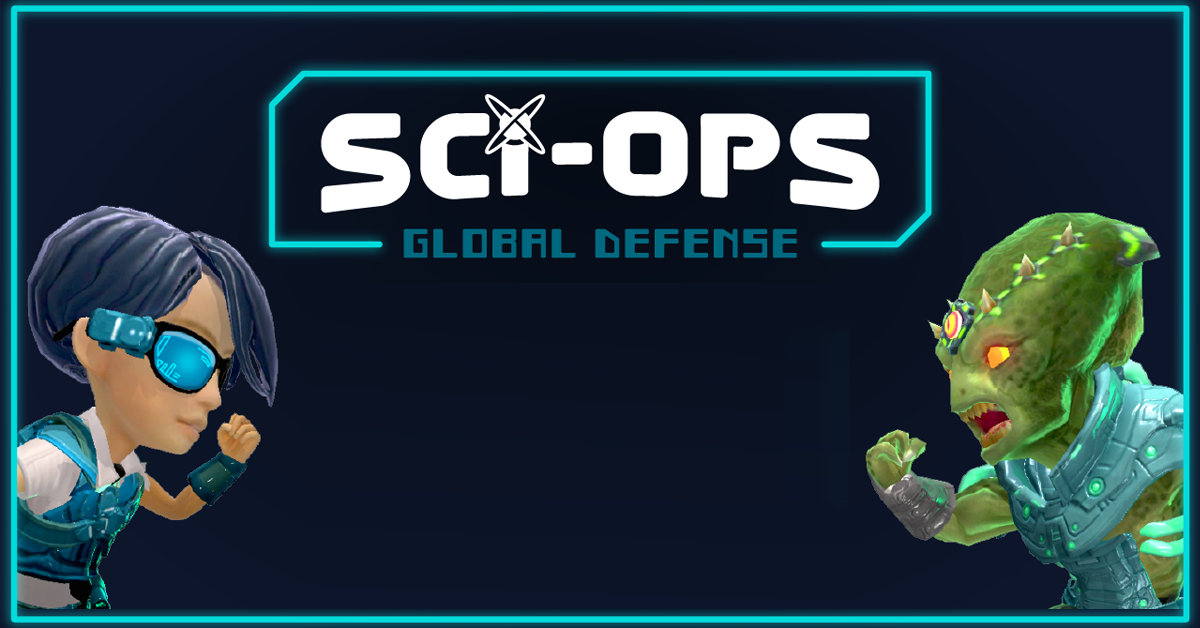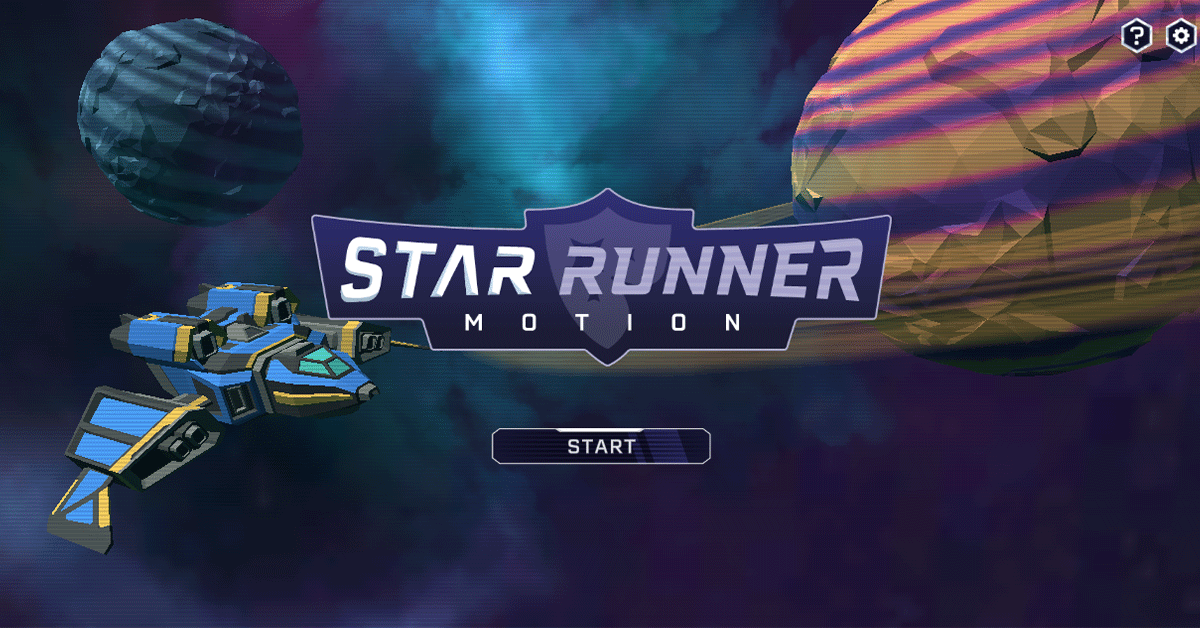Sci-Ops: Gaming Toward STEM Success

In the 21st century, the race to develop a competitive and specialized workforce is shaping national priorities. One of the most significant drivers of this effort is STEM education. To address inequities and expand opportunities, the National Science Foundation (NSF), under the American Competitiveness in the Twenty-First Century Act, champions initiatives that engage underrepresented students, strengthen foundational skills, and prepare learners for evolving career pathways in science and technology.
But how do we make STEM exciting, relevant, and accessible for today’s students? Enter Sci-Ops: Global Defense, a chemistry-based educational video game from an ed-tech company, Plasma Games—a shining example of how innovative tools can transform science education.
What is Sci-Ops: Global Defense?
Imagine a world under siege by energy-hungry invaders polluting the planet. Students become scientific operatives tasked with saving Earth—armed with nothing but their chemistry knowledge. The game seamlessly integrates rigorous STEM concepts with engaging gameplay, allowing students to solve real-world problems while envisioning themselves as future scientists and engineers.
Aligned with middle and high school physical science and chemistry standards as well as CTE, Sci-Ops is more than just fun; it’s a tool designed to inspire the next generation of STEM leaders.
A Game-Changer in STEM Learning
Plasma Games recently conducted a study with over 1,800 high school students across 22 North Carolina counties. The results? Nothing short of impressive. Students who played Sci-Ops showed:
-
A 19% increase in chemistry knowledge.
-
A 49% jump in awareness of physical science careers.
-
A 65% rise in understanding chemistry majors.
- A 32.5% boost in interest in physical science majors.
These gains weren’t limited to students. The program also received enthusiastic feedback from educators. Among the 26 participating STEM teachers:
-
96% agreed that Sci-Ops helped combat learning loss.
-
100% reported increased student interest in STEM subjects.
- 100% observed a rise in interest in STEM careers.
When middle and high school students—often at risk of losing interest in STEM—connect with these subjects through engaging, hands-on tools, the results are transformative.
Why This Matters for Your District
The challenges STEM education faces are as real as they are urgent. Declining interest in STEM begins as early as middle school, and studies show that many adults trace their career inspirations to ‘out-of-school’ experiences. By integrating Sci-Ops into a flipped classroom model, districts can extend learning beyond traditional settings, reaching students in a format they already enjoy—gaming.
This represents an incredible opportunity for science leaders to supplement instruction with high-quality, realistic tools that meet students where they are.
Building the Workforce of the Future
The success of Sci-Ops: Global Defense highlights a powerful shift in STEM education. Gone are the days of static lectures and disconnected labs. Today’s students thrive when they see the relevance of their learning, understand its real-world applications, and are given the tools to imagine themselves in those roles.
With its cutting-edge approach, Plasma Games is setting a new standard. Their commitment to creating high-quality, entertainment-driven educational experiences bridges the gap between curiosity and career readiness.
Next Steps for School District Leaders
If your district seeks new ways to engage students, combat learning loss, and inspire future scientists, consider implementing Sci-Ops: Global Defense.
Let's empower our students to save the world, one chemistry problem at a time. Together, we can build the next generation of STEM leaders.
To learn more about Sci-Ops: Global Defense or explore its integration into your district's curriculum, visit Plasma Games.
Source:
East Carolina University: High School Science Efficacy Study with Plasma Games, published by Leonard Annetta, Ph.D., Taft Distinguished Professor of Science Education
East Carolina University, July 2024


